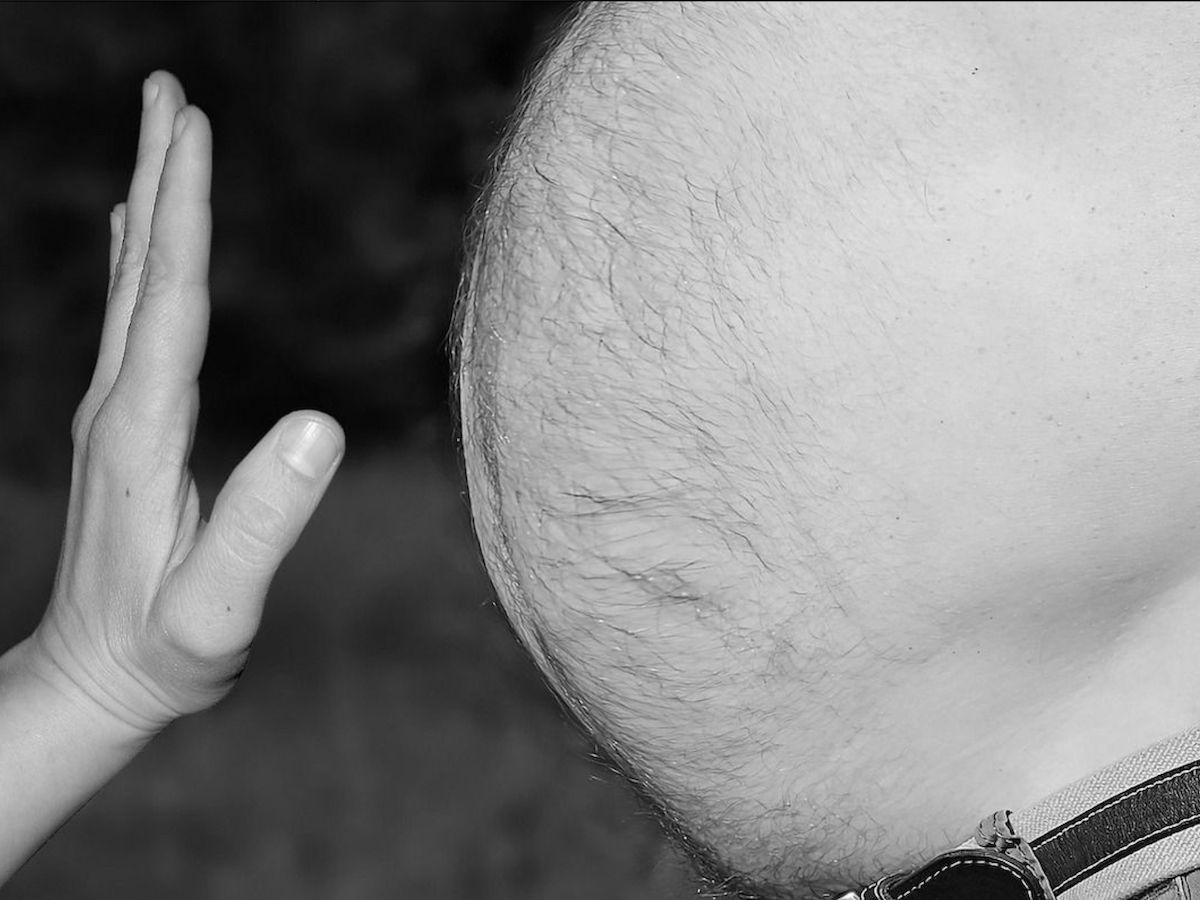The Benefits of Regular Physical Activity for Mental Well-Being
In today’s fast-paced world, where stress and anxiety are all too common, taking care of our mental well-being is more important than ever. One powerful way to improve mental health is through regular physical activity. It’s not just about the physical benefits like weight management and cardiovascular health; exercise has a profound impact on our mental state as well. Let’s explore the various ways in which regular physical activity can benefit our mental well-being.
Reduced Symptoms of Depression and Anxiety
Studies have shown that regular exercise can significantly reduce symptoms of depression and anxiety. Physical activity triggers the release of endorphins, often referred to as the ‘feel-good’ hormones, which can help improve mood and reduce feelings of stress and anxiety. In fact, just 30 minutes of moderate exercise a few times a week can have a positive impact on mental health.
Improved Cognitive Function
Regular physical activity has been linked to improved cognitive function, including better memory, attention span, and overall brain health. Exercise increases blood flow to the brain, which can help enhance cognitive abilities. Additionally, physical activity stimulates the growth of new brain cells and improves the connections between existing cells, leading to better cognitive performance.
Enhanced Sleep Quality
Getting an adequate amount of quality sleep is crucial for maintaining good mental health. Regular physical activity can help improve sleep quality by promoting relaxation and reducing feelings of stress and anxiety. Exercise also helps regulate the body’s internal clock, making it easier to fall asleep and stay asleep throughout the night.
Stress Reduction
Exercise is a natural stress reliever, as it helps reduce the levels of stress hormones in the body, such as cortisol and adrenaline. Engaging in physical activity can provide a temporary distraction from daily worries and allow individuals to focus on the present moment. Whether it’s going for a run, practicing yoga, or playing a sport, finding a physical activity that you enjoy can be a great way to unwind and reduce stress.
The Role of Social Connections in Well-Being
Social connections play a vital role in mental health and overall wellness. Engaging in group activities, such as fitness classes, team sports, or even cultural gatherings, can foster a sense of belonging and support. Social bonds created through shared interests help reduce feelings of loneliness and provide emotional encouragement, which can be especially beneficial in managing symptoms of depression and anxiety.
The Influence of Cultural Activities on Mental Health
Engaging in cultural activities, such as art, dance, and music, has been shown to positively impact mental health. These activities provide a creative outlet for expression and can lead to a state of ‘flow,’ where individuals feel immersed and focused. Participation in cultural events also promotes a sense of community and identity, both of which can help reduce stress and increase feelings of happiness and fulfillment.
Nutritional Choices for Mental Clarity
Diet has a significant influence on mental health, with certain foods supporting cognitive function and emotional balance. For example, omega-3 fatty acids, found in fish, flaxseeds, and walnuts, are known for their brain-boosting benefits. Antioxidant-rich foods, like berries and leafy greens, help reduce inflammation, which is linked to mental health issues. By incorporating nutrient-dense foods, individuals can enhance their mental clarity and emotional stability.
The Impact of Cultural Heritage on Personal Identity
Cultural heritage influences personal identity and can play an essential role in mental and emotional well-being. Engaging with one’s heritage, whether through language, traditional practices, or community events, provides a sense of belonging and continuity. For many, connecting with cultural roots offers comfort and pride, reinforcing a positive self-image and resilience in times of stress. Celebrating and preserving cultural heritage can thus contribute to a more balanced and fulfilling life.













